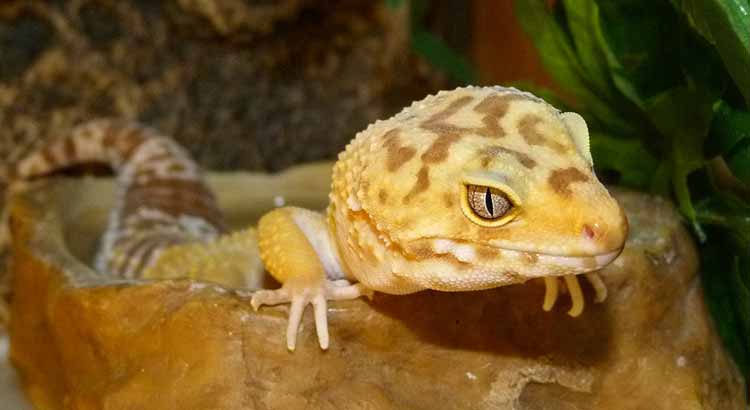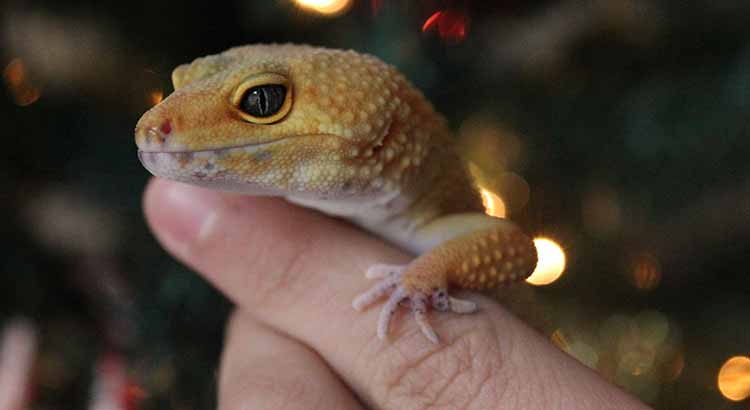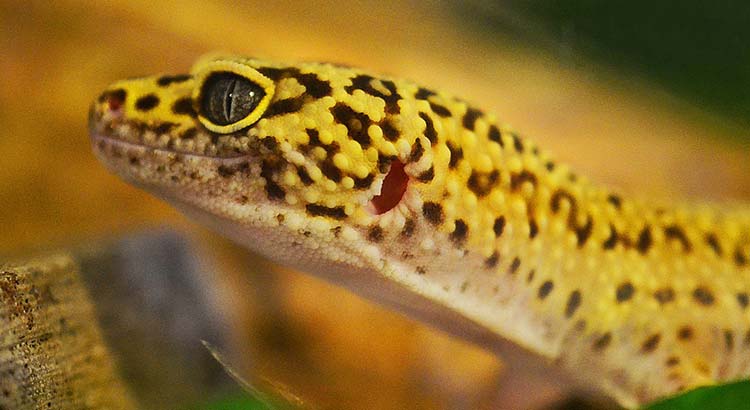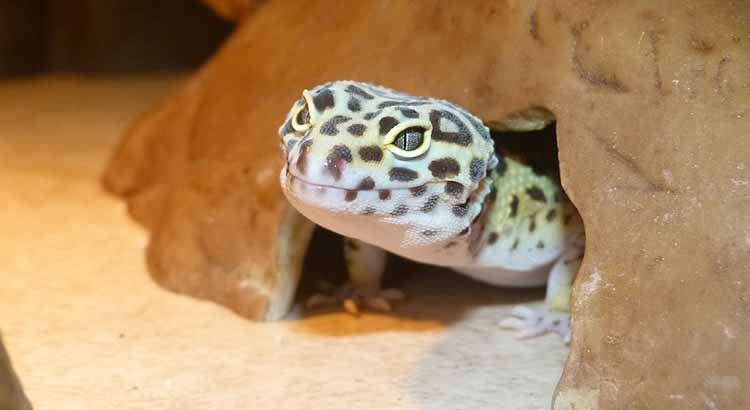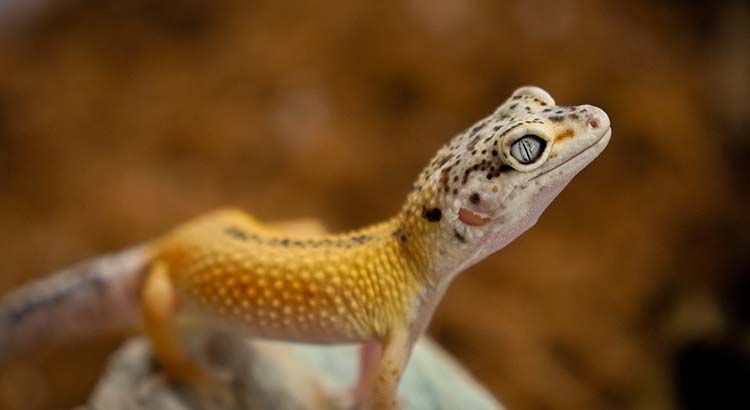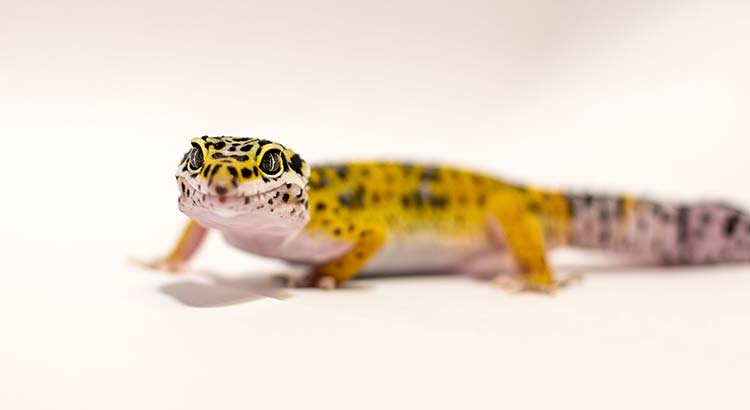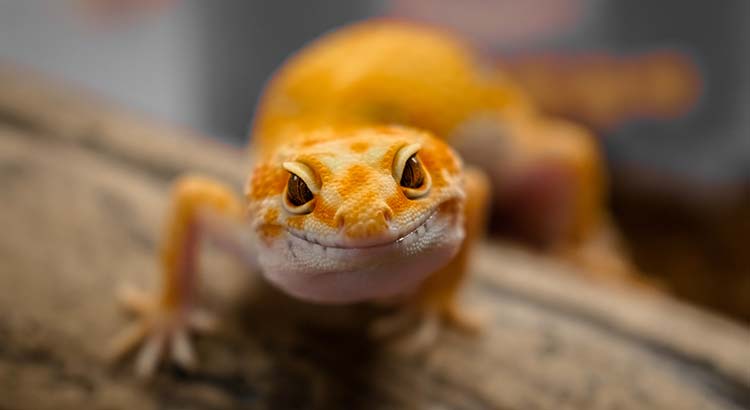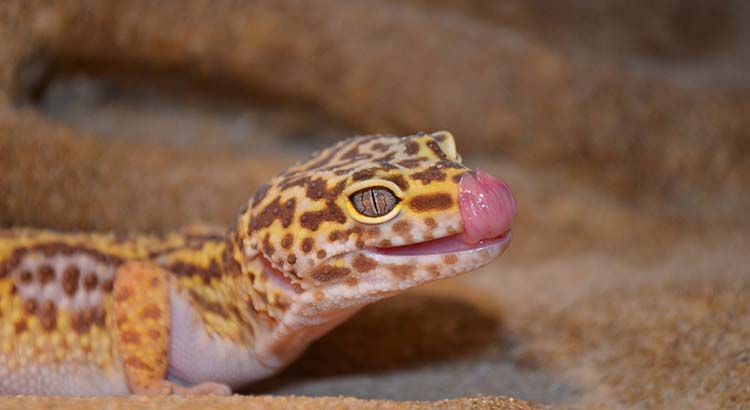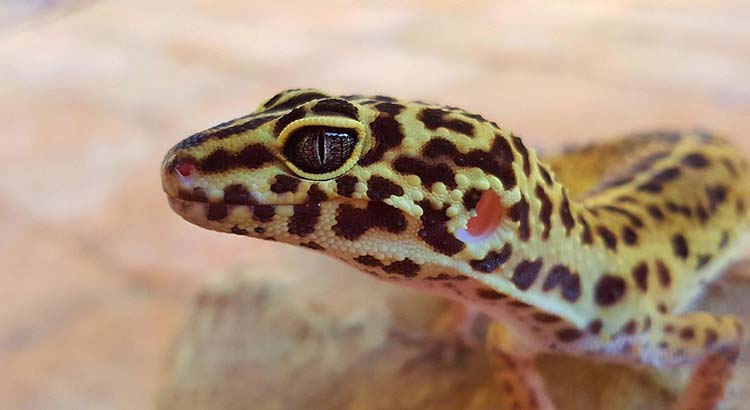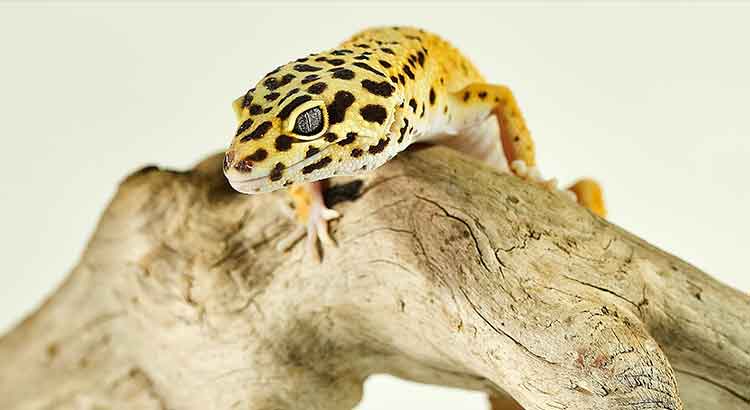Mouth Rot in Leopard Geckos (Causes, Treatment, and Prevention)
Do your leopard geckos sometimes show signs of mouth rot, and you’re not sure what to do? Whether you’re a seasoned reptile enthusiast or new to caring for these charming creatures, understanding mouth rot is crucial for their well-being. Mouth rot in leopard geckos, also known as stomatitis, can stem from various causes such as … Read more

